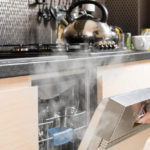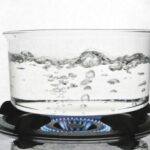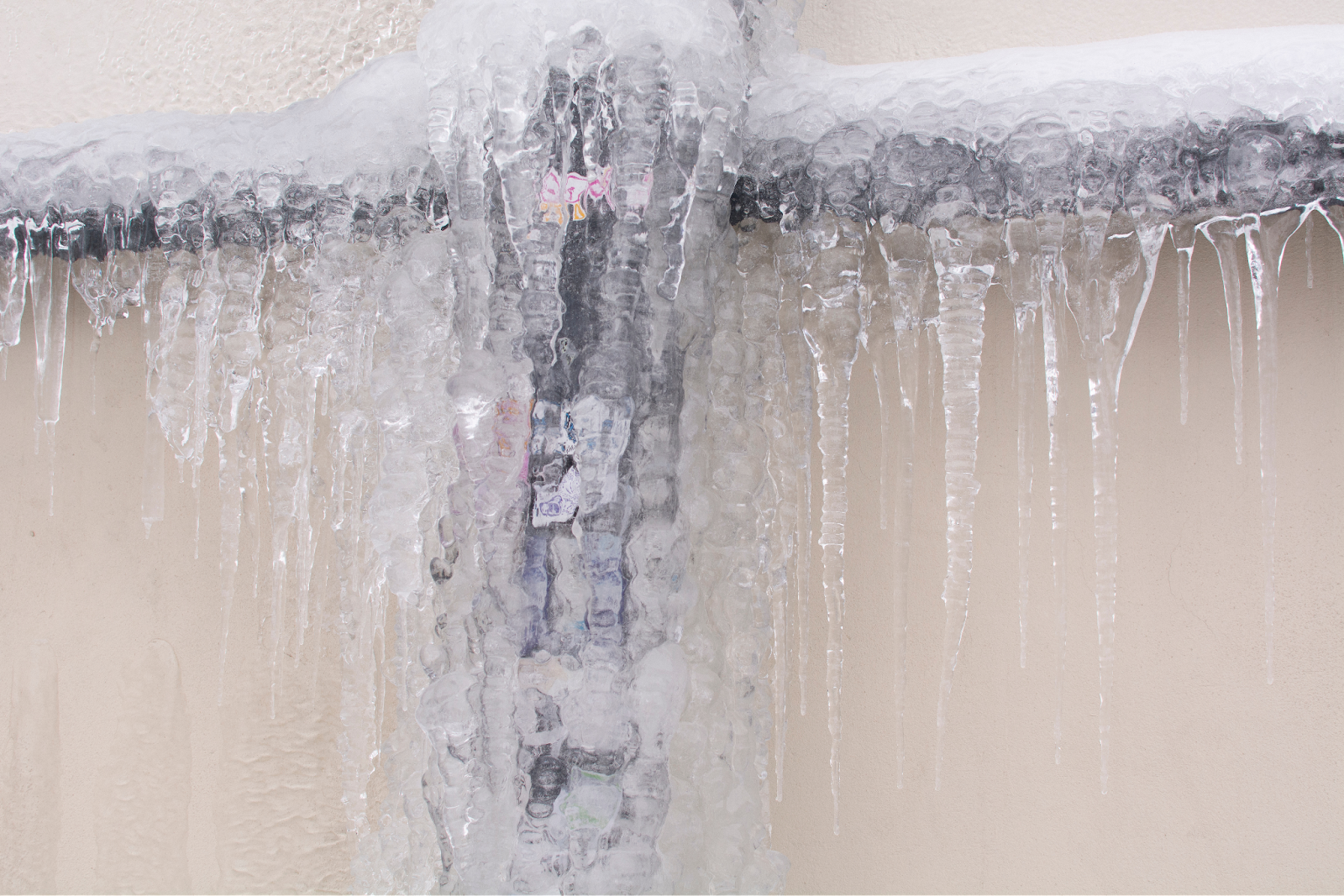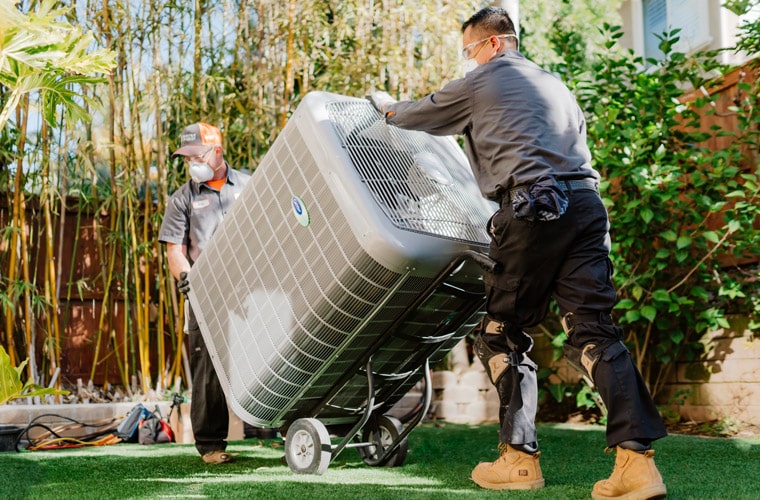Winter is a beautiful season—the snow, the holidays, the hot cocoa, and snuggling in blankets. But winter comes with its own set of problems, and one of the biggest is frozen pipes. Nothing can kill your winter bliss like a blocked pipe and a pricey plumbing repair in Brookhaven. But don’t worry; there are simple steps you can take to avoid this nightmare.
Step 1: Insulate Your Pipes
The simplest solution is the most effective. Insulating your pipes can help prevent them from freezing. You can easily buy foam tubing or fiberglass sleeves at any hardware store. Wrap the tubing around the pipes, paying special attention to areas exposed to the cold. This solution is especially effective for pipes in your attic, near exterior walls, and in crawl spaces. Moreover, not only does it prevent your pipes from freezing, but it can also save you money on your energy bill by keeping hot water hotter and longer.
Step 2: Keep Your House Warm
The next step you need to take is to keep your house warm. When the temperature drops below freezing, keep your home temperature above 50 degrees Fahrenheit. Even if you are going to be away from your home for an extended period, keeping your home warm can stave off the issue of your pipes freezing. This will ensure that your pipes don’t burst, and you won’t have to pay a fortune in repair costs.
Step 3: Allow Faucets to Drip
It might sound odd, but allowing your faucets to drip can prevent your pipes from freezing. During winter, allow your faucets to run slightly while the temperature outside drops close to the freezing point. Even if the water freezes, the continuous movement may help prevent pipes from freezing.
Step 4: Open Your Cabinet Doors
Opening up your cabinet doors is also a simple and effective way to prevent pipes from freezing. When the temperature drops, open up all of your cabinet doors that contain your water pipes. This will allow the warmer air in the room to circulate among the pipes, reducing the chances of them freezing.
Step 5: Disconnect Outdoor Hoses
Lastly, you should always disconnect your outdoor hoses. Left-out hoses can cause severe damage to your pipes if you leave them outside during winter. Disconnect the hoses before the first frost and avoid the risk of frozen pipes.
Don’t let the nightmare of frozen pipes ruin your winter. By following these simple steps, you can prevent your pipes from freezing and save yourself the headache and expense of repairs. Remember to insulate your pipes, keep your home warm, allow faucets to drip, open cabinet doors, and disconnect outdoor hoses. Call a professional plumber if you suspect frozen pipes, and don’t try to fix them yourself.


















